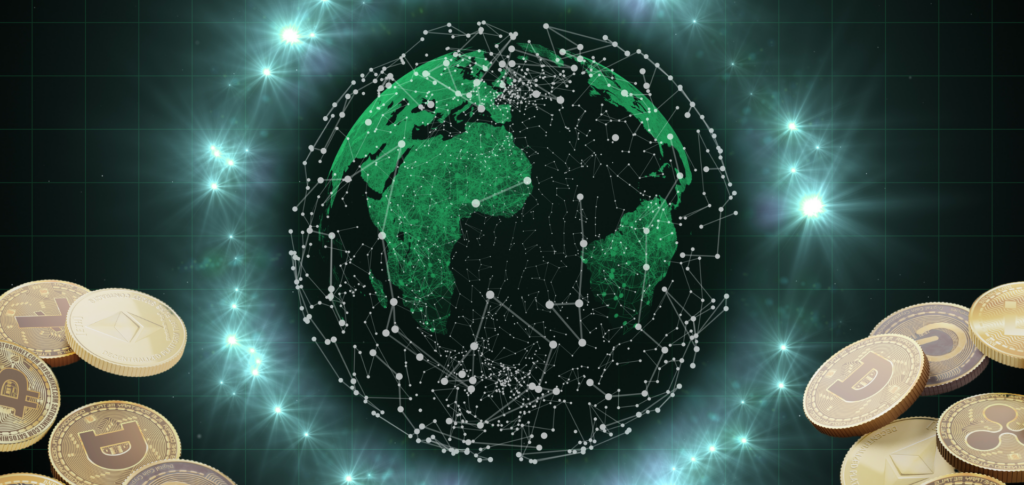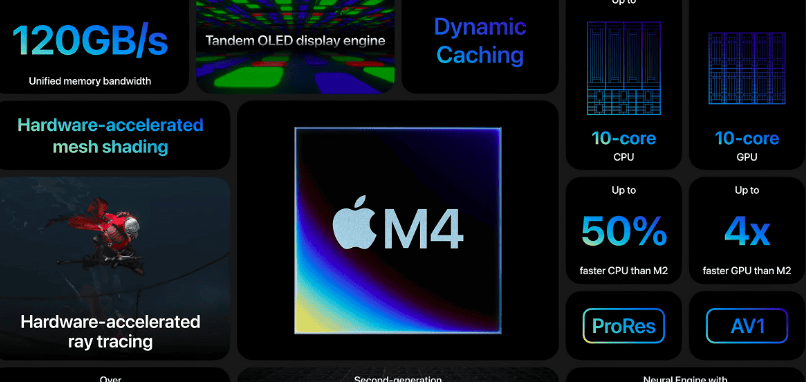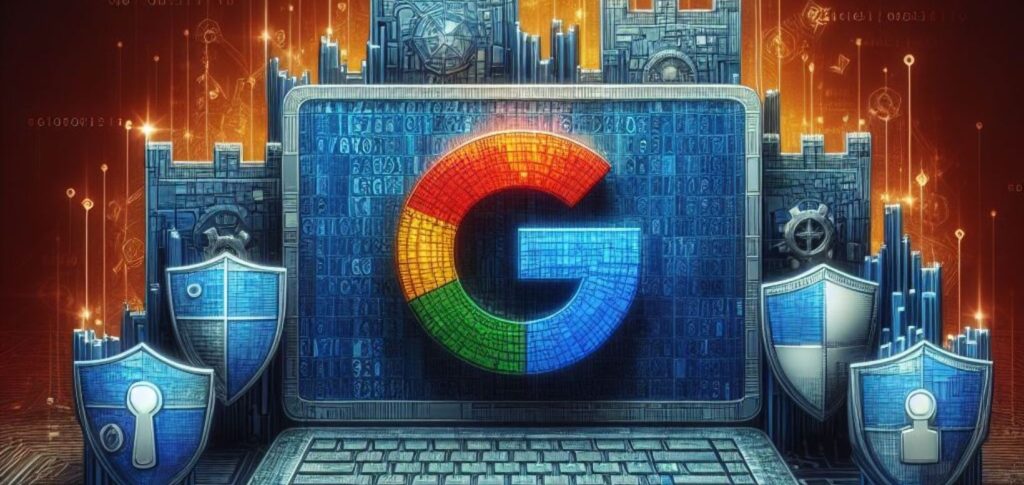In Brazil, the project digital real is already taking shape, being one of the Central Bank’s biggest bets. In China, the currency digital yuan is already being regularized, according to the China Securities Regulatory Commission (CSRC).
ADVERTISING
But, in a didactic and direct way, what are the chances of these initiatives becoming popular? How soon can these digital currencies and tokenization revolutionize the economy? We spoke to an expert in the field to understand.
Cristian Bohn is a tokenization infrastructure builder and chief information security officer at Parfin, a company specializing in digital assets. According to him, steps curtos, tokens, or digital assets, are already being integrated into the economy. The big issue revolves around the lack of knowledge on the part of most people about this new moment.
Tokenization is nothing more than a technique that allows the digitization of a physical asset or financial instrument. In this way, traditional physical currencies, such as the real itself, can gain their digitalized version. According to Bohn, this concept has to be widely disseminated.
ADVERTISING
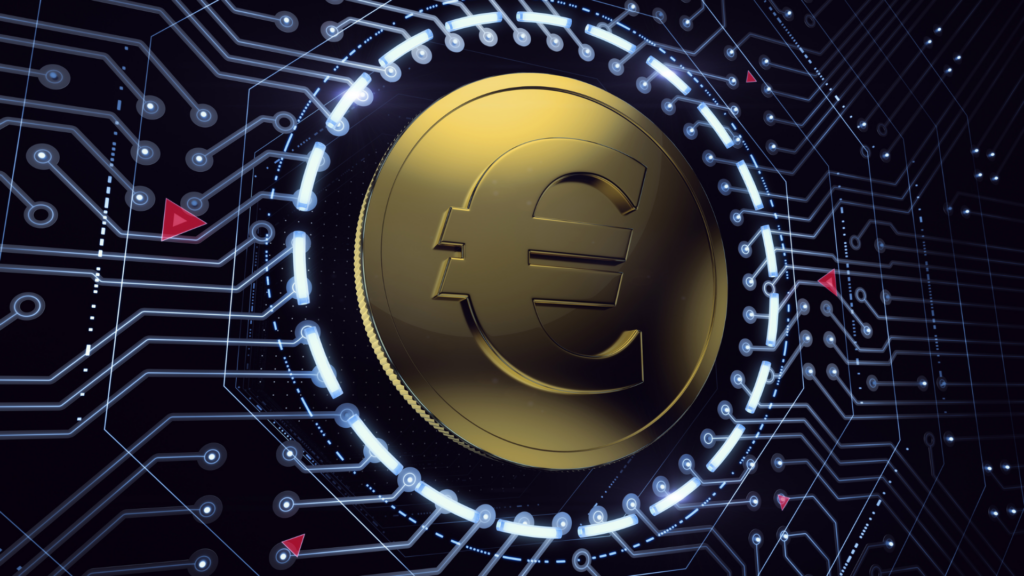
For the concept to be known, people need to know what makes tokenization important. According to the expert, this transformation can reduce the market's financial costs. In this way, this technology can free up resources for social programs and other infrastructure projects, in addition to including even more people in financial services. Do you know the cost of manufacturing coins and banknotes? It can be brutally reduced, as tokens can replace these symbols.
Furthermore, from a legal point of view, one of the main arguments of advocates of digital currencies is that they can make processes and transactions more secure. With tracking technology and correct supervision of entities, crimes against the economy can be extinguished. Financial fraud, money laundering and even corruption would become almost impossible.
As human beings are immediatists and guided by trends, questionamos Bohn on the timeframe for these new economy currencies and initiatives to become commonplace for most people. The expert commented:
ADVERTISING
“Adoption of the tokens will become an off-the-shelf offering for banks and brokers within two years, while the massive use of the technology to benefit end consumers could take five years.”
When asked about the decline in cryptocurrencies, with the concept falling into discredit and distrust, Bohn explained that many of the facilities we have through banking apps on smartphones are already in line with what tokenization could be. Years ago, few people had faith in the possibilities of internet banking.
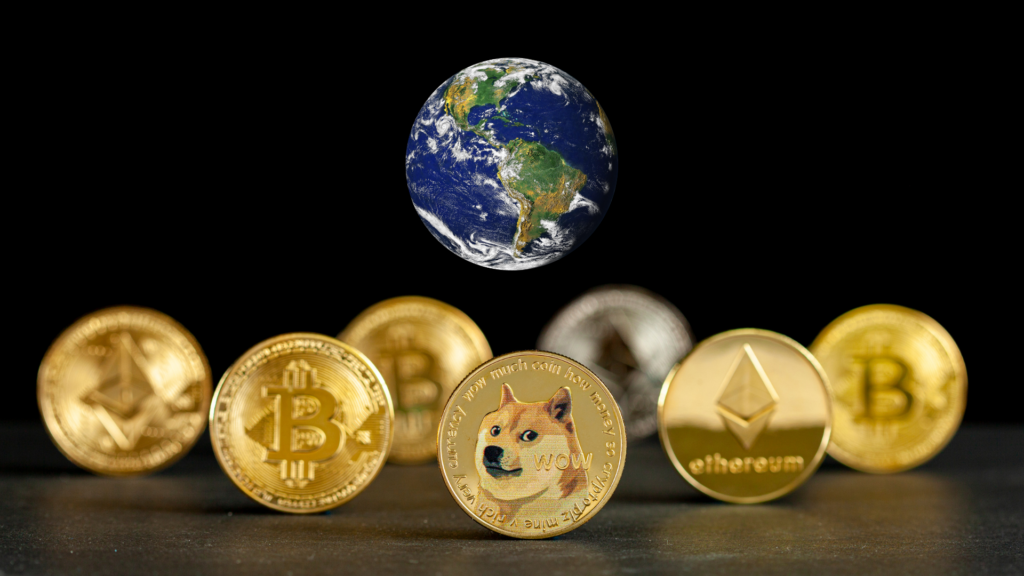
“How our society is configured today will change a lot in the next 10 to 20 years, because we underestimated what we could do in 10 years and overestimated what we could do in 2 years. The concept of tokenization is to take these assets that are outside the blockchain, to the blockchain, to this technology, to this trail, to this protocol.”
Finally, looking at a possible ideal scenario, Bohn spoke about the main challenges for implementing and expanding technology at the service of the economy. He cites infrastructure, knowledge (or lack thereof) and regularization as the main impasses for tokenization.
Despite this, he believes that Brazil is in the game when it comes to the digital economy: “We are in a very cool moment in Brazil as a whole, I like to say that we are in a perfect storm where a series of things are happening, mainly on the regulatory side, which will allow Brazil to position itself as a digital asset hub in the world”, he concluded, citing the digital real proposal and other private sector initiatives.
ADVERTISING
Also understand:
